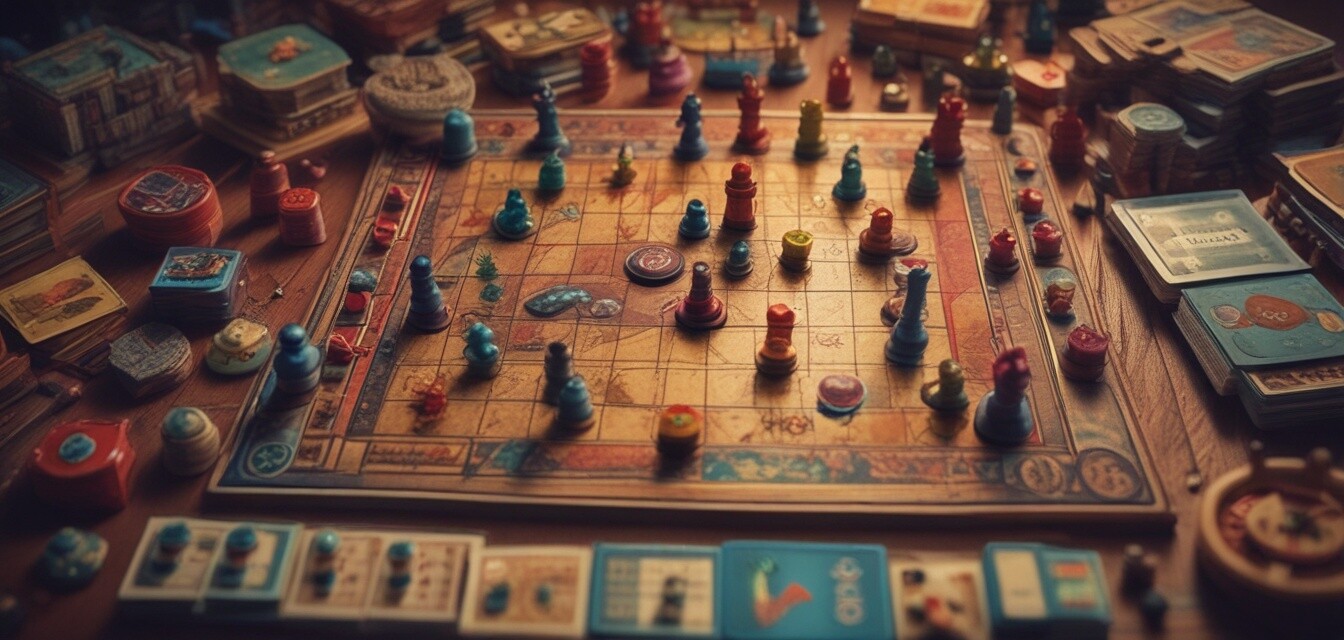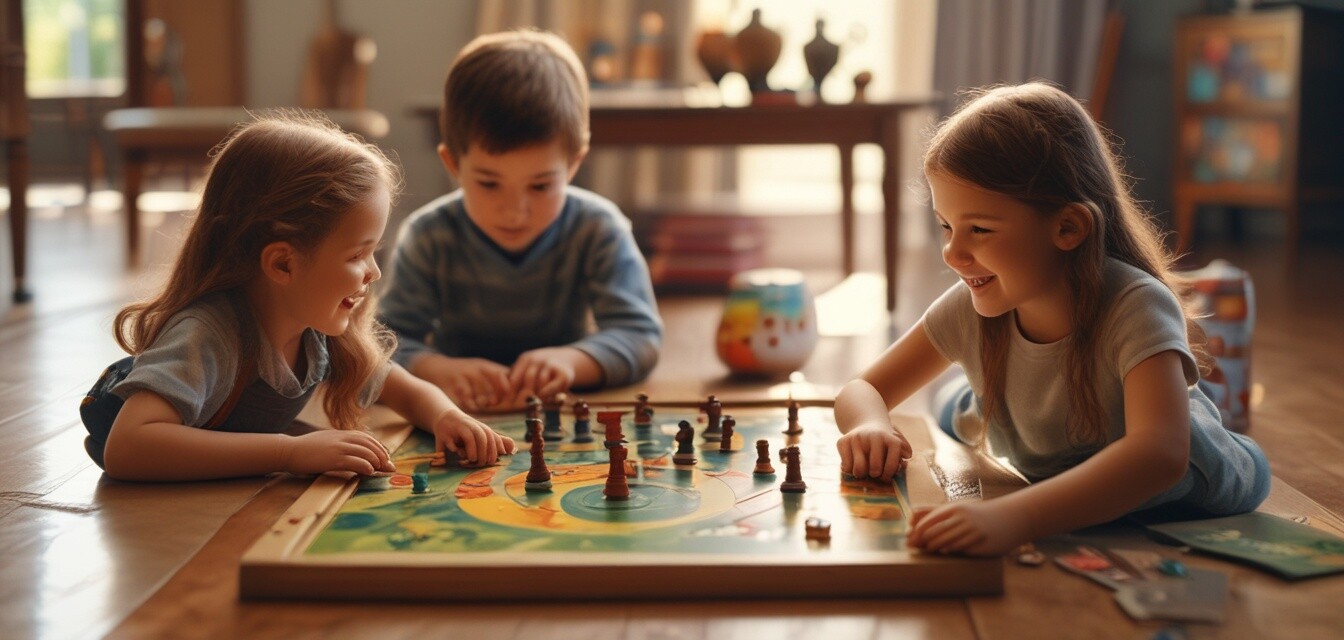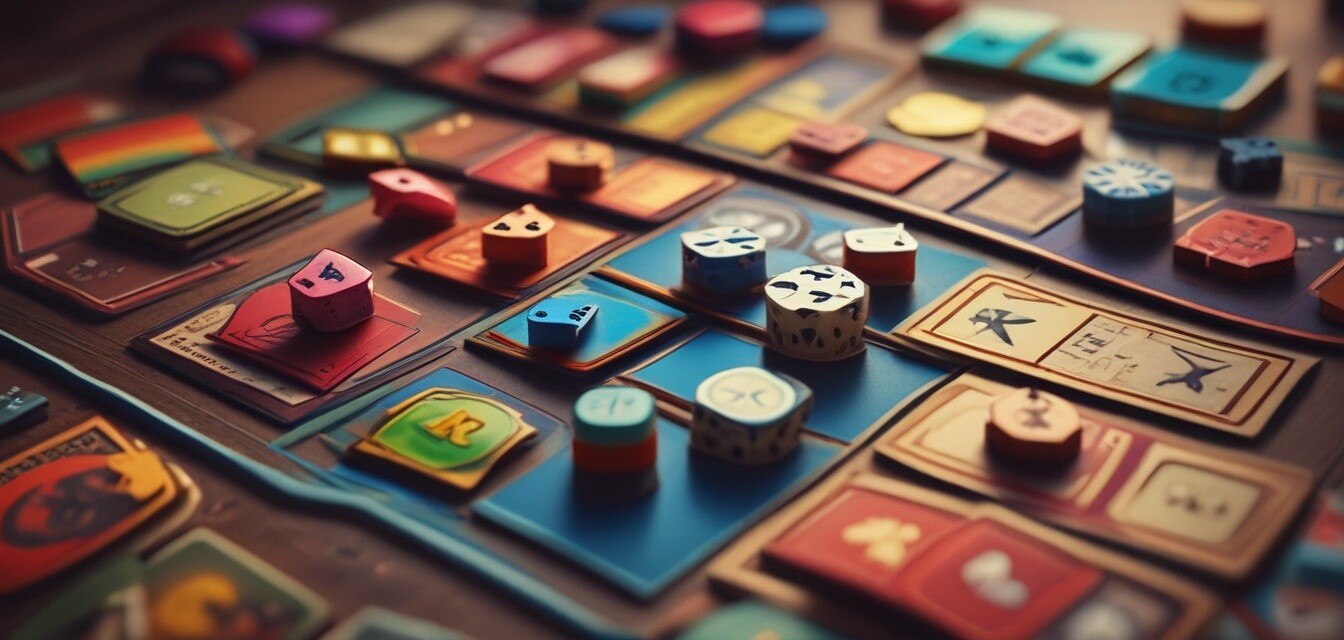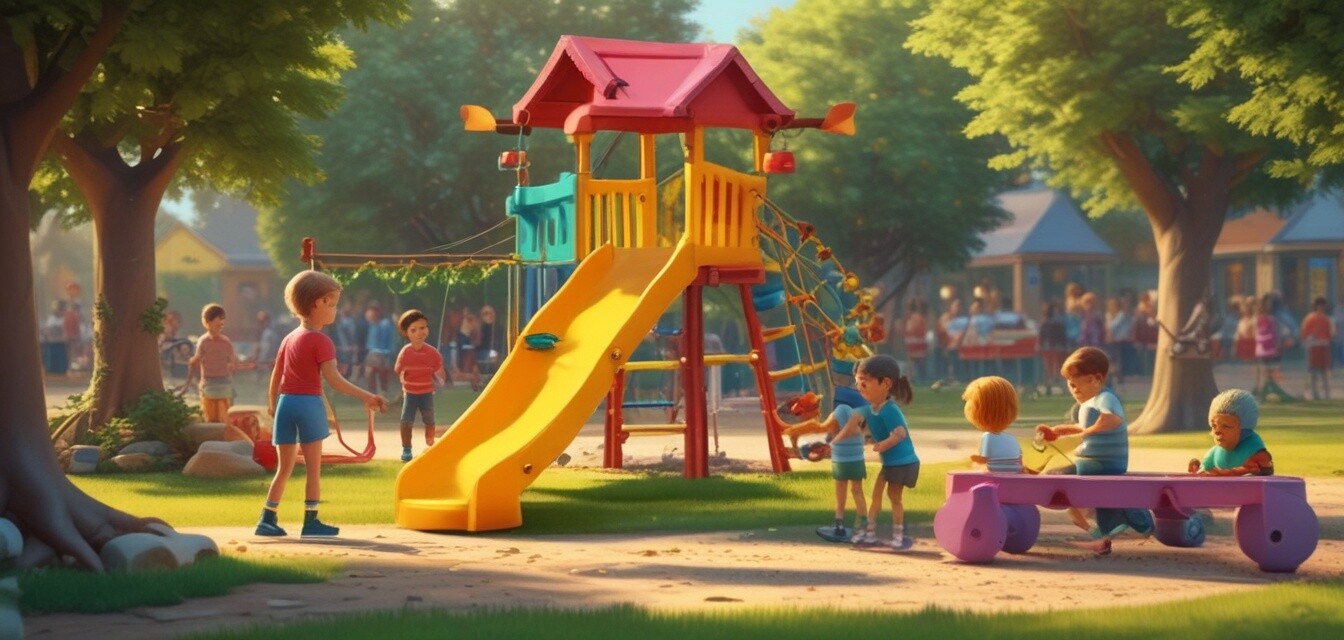
Educational Board Games
Key Takeaways
- Board games enhance critical thinking and problem-solving skills.
- Fosters social interaction and teamwork among children.
- Encourages creativity and communication skills.
- A wide variety of themes to engage diverse interests.
Board games are not just a source of entertainment; they serve as crucial tools for educational development. Engaging in these interactive games can foster critical thinking, social skills, and even creativity. In this article, we will explore various types of educational board games that can benefit children in their formative years.
Benefits of Educational Board Games
- Critical Thinking: Games often require players to strategize and make decisions, enhancing their cognitive skills.
- Teamwork: Many board games are designed for group play, promoting cooperation and collaboration.
- Communication: Children learn to express their thoughts and negotiate with others during gameplay.

Popular Categories of Educational Board Games
| Category | Skills Developed | Examples |
|---|---|---|
| Math Games | Numerical skills, problem-solving | Division Duel, Money Bags |
| Language Games | Vocabulary, spelling, reading | Scrabble, Boggle |
| Science Games | Scientific reasoning, exploration | Gravity Maze, The Game of Life |
| Strategy Games | Planning, foresight, critical thinking | Catan, Ticket to Ride |
How to Choose the Right Educational Board Game
Choosing the right educational board game depends on various factors:
- Age Appropriateness: Ensure the game is suitable for the age group of the children playing.
- Interests: Select games that align with the children’s interests to keep them engaged.
- Learning Objectives: Determine what skills you want to develop, such as math, reading, or social skills.
Engaging Game Ideas to Try at Home
Tips for Beginners
- Start with simple games to build confidence and interest.
- Set a specific time for game nights to make it a regular activity.
- Encourage discussions about strategies and moves made during the game.

Pros and Cons of Educational Board Games
Pros
- Promotes essential skills development.
- Encourages fun and interactive learning.
- Helps build social relationships.
- Variety of games available to suit various interests.
Cons
- Some games may require adult supervision.
- Game complexity might frustrate younger children.
- Initial cost can be high for certain educational sets.
Conclusion
Educational board games are a fantastic way to provide children with valuable skills while ensuring they enjoy their time with peers or family. Integrating these games into learning can foster a love for knowledge that lasts a lifetime. Explore our wide variety of educational board games and find one that your child will love!
Further Reading
For more information on different types of toys, check out our sections on Action Figures and Role-play Toys, Lego and Building Sets, and Musical Instruments for Kids.








